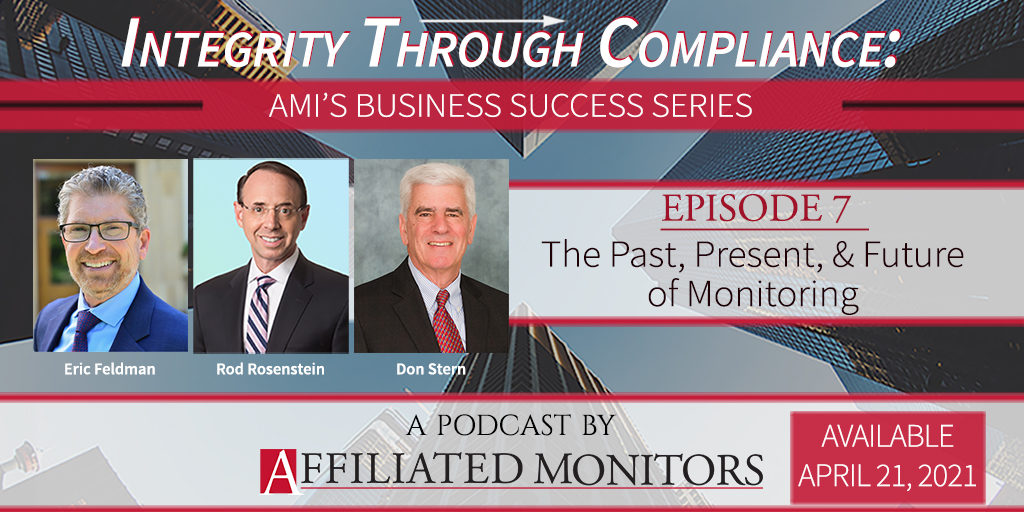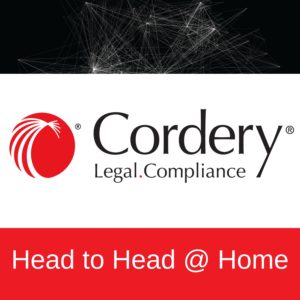On the latest episode, Brian and Tim dig in to the sweeping new Executive Order targeting Russian Harmful Foreign Activities to decipher what it means for the sanctions risk landscape in Russia and what may be coming next. We also check in on JCPOA 2.0 after an explosive week (literally) away from the negotiating table and go down the rabbit hole on the possible implications of China’s introduction of the digital yuan. Finally, in the Lightning Round, we share quick thoughts on the recent removal of the UAE from Treasury’s list of boycotting countries and a new legislative proposal that would expand CFIUS jurisdiction to certain transactions with U.S. institutions of higher education.
Subscribe: * Apple Podcasts * Spotify * Amazon Music * Google Podcasts * Stitcher
Questions? Contact us at podcasts@milchev.com.
EMBARGOED! is not intended and cannot be relied on as legal advice; the content only reflects the thoughts and opinions of its hosts.
Timestamps:
0:10 Introduction and Roadmap
The Rundown
4:56 New Russia Sanctions
29:36 Update on JCPOA 2.0
39:25 China’s Cryptocurrency
54:30 Lightning Round
54:52 UAE Removed from Boycotting Countries List
1:02:07 The Strategic Competition Act of 2021
1:09:49 Final Thoughts
***Stay sanctions free.***

Subscribe: Spotify
Affiliated Monitors Managing Director Don Stern hosts an engaging conversation with the Former Deputy Attorney General, King & Spalding’s Rod Rosenstein, and Affiliated Monitors Managing Director Eric Feldman as they conclude a two-part podcast on “The Past, Present, & Future of Compliance and Independent Monitoring.”
In part two, the trio shifts their focus to independent monitoring. People have some misconceptions about monitoring. Most companies don’t particularly welcome having a monitor. They view it as intrusive. They view it as — in some cases — unnecessary.
Historically, prosecutors (including the Department of Justice) are not necessarily focused on what happens after there’s a conviction. You get the result; you move on to the next investigation. What happens to the company? Does it really get the message, and has it made changes? Have prosecutors become more focused on what happens after the conviction, and if so, why?
The first question is: how do you determine whether there’s a need for a monitor? And that really focuses on the issue that has been identified, which is that the purpose shouldn’t be punitive. The monitor is not intended to be a form of punishment. It’s supposed to be prospective.
The second question is: what is the scope of responsibilities of the monitor? A company may have made a mistake in one area. Do we give them monitor authority over that area alone, or do we broaden the authority of the monitor?
As is our “Integrity Through Compliance” tradition, Rod and Eric share their key takeaways on monitoring:
Eric:
- First off, avoid a monitor. It may seem funny for a monitor to say avoid a monitor, but knowing that a company can demonstrate that it has strengthened its compliance program and its corporate culture, there is an opportunity to avoid a monitorship, given the right proactive measures are taken.
- If you do have to have a monitor, make lemonade from the lemons. In fact, one of our clients has deemed out monitorship “Project Lemonade.” Companies should take advantage of it, and use the monitor as an opportunity to get focus and resources on compliance within their company.
Rod:
- Rod picked up on Eric’s first point to avoid a monitor. The goal of the latest DOJ policy is to drive constructive change. Companies can avoid a monitor — even after wrongdoing occurs — by changing corporate leadership and culture, by improving internal controls and compliance programs.
- Demonstrate that your program will deter future misconduct. This can be accomplished proactively before a company gets in trouble (or even after a company gets in trouble), so they’ll be best positioned to make their pitch to the department about the ultimate resolution.






